What do you know about malaria? Before coming to Senegal, I didn’t know very much at all, probably similar to many other Americans. All I knew was that you got sick from mosquitoes and that it seemed like a faraway problem.
Malaria affects about half the world’s population – around 3.2 billion people in 106 countries. Since the mosquitoes that transmit malaria need specific conditions to breed, tropical and subtropical regions of the world are where malaria is prevalent. In 2015 it is estimated that malaria caused 429,000 deaths. (CDC.gov) In Senegal specifically, 1,602 people died from malaria in 2003 according to WHO.
These stats are terrible and really shouldn’t still be the case across the world especially since in most cases malaria is a completely treatable disease. Additionally there are several very simple steps to prevent it. The good news, however, is that Peace Corps Senegal volunteers are working hard to change these statistics!
Malaria Fortnight has begun! What is that you ask? Well since the beginning of rainy season is also the beginning of malaria season in Senegal, the STOMP Out Malaria team put together a competition of sorts for volunteers. For a 20-day period in July and then again at the end of the rains in October we will be putting an emphasis on malaria work. The goal is to educate, inform, share, and just talk to lots of people about malaria. (And to compete against the other regions and win the most points!)
There are so many different ways to approach malaria because when someone gets sick from this disease every part of their life is affected. Most obviously we can look at it from a health standpoint. As all children here learn at school – you get malaria from mosquitoes. One of the main symptoms is a high fever, often also in conjunction with chills and other flu-like symptoms.
Some volunteers will pair up with their health posts and paint a mural.
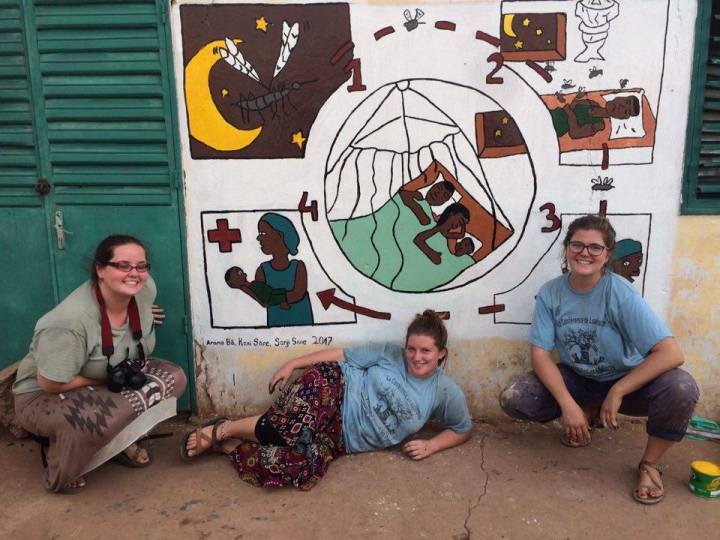
Another way to approach it is from the prevention standpoint. In Senegal, and many parts of the world where malaria is prevalent, using mosquito nets is the main form of prevention. For the majority of the population using prophylaxis (daily or weekly medicine to prevent contraction of malaria) is impractical. It can be quite expensive, hard to obtain, and difficult to manage taking a daily pill. So we talk a lot about the importance of sleeping under a net, every night and most especially during peak malaria season.
At least once a year everyone should wash their nets and there are specific ways to do this. Since the nets are treated with solution to kill mosquitoes, bar soap is better than the powdered laundry soap as it is less abrasive. People should also hang their nets to dry in the shade, not the sun, for the same reason.
In order to share this knowledge with their communities some volunteers will do a bednet washing and repair day. There are several ways to do this, either by setting up a station at the central water source, like a well, with soap, buckets, and needle and thread to sew up any holes, or by going around to each compound with these items.
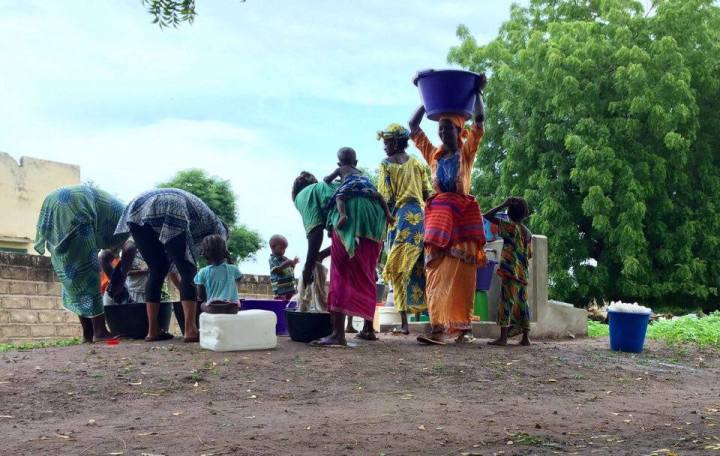
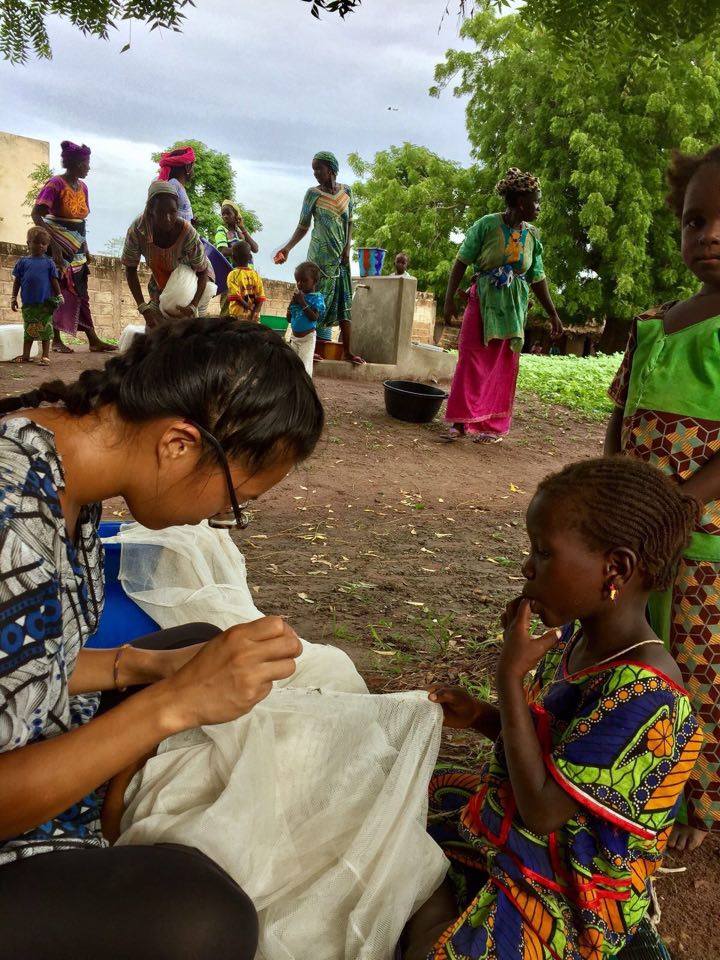
Malaria also reaches in a affects the world of agriculture too. As I mentioned before, malaria season begins along with rainy season. And in Senegal when the rains come farmers rush out to the fields to plant their crops. Previously dry, seemingly barren stretches of dirt become lush and green with fields of corn, millet, sorghum, beans, peanuts, and rice. This means that rainy season is a very busy time for farmers, which is a large portion of the population. So when a farmer gets sick he can’t manage his fields, which puts the food security of his family at risk. (I say ‘he’ because most farmers here are men, although not all! Rice for example is a crop usually farmed exclusively by women.)
An activity agriculture volunteers can do during malaria season is talk with farmers about this concept of how malaria doesn’t affect just the sick person, but their family and relatives. One way to do this is by having four farmers each hold one corner of a rice sack or piece of cloth and put several rocks in the middle of the rice sack. These rocks represent money and household wellbeing. Each person is assigned a role in a family – father, mother, kids. First the father sleeps without a net and gets malaria and can’t tend the fields and therefore drops his corner. And then the mother gets sick and now she can’t work in the garden and cook for the family so she lets go of her corner and more rock are lost. With the image of the rocks falling the farmers can see how everyone in the family is affected.
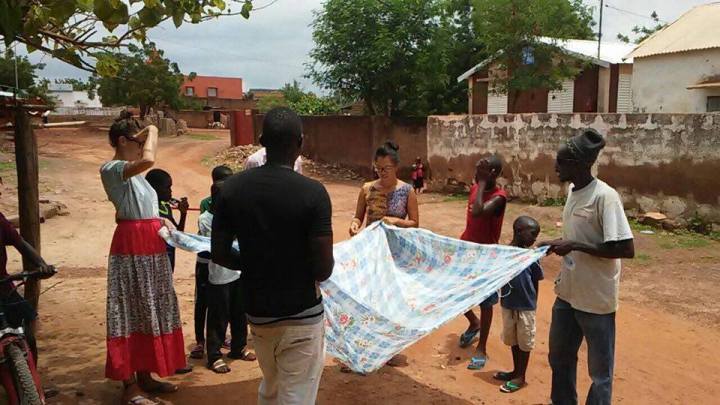
And finally, something that I am planning and creating for this malaria fortnight: a Malaria Trivial Wheel! One of the suggested activities is to set up a booth in the market in order to reach a lot people and talk to them about malaria. The specifics of the booth are up to each volunteer who wants to do it. I had a great little brainwave the other day, build a game show-esque wheel with different categories of questions and activities. Our wheel has 8 sections; you spin the wheel and then pick a question from the correct jar.
For example if you land on the “Bednet” section you might get this question: “Which soap is better to wash your mosquito net? Bar soap or powder soap?” Or if you land on the flag of Senegal, “Where is malaria most prevalent in Senegal?” The questions will be in several local languages and everyone who stops to play will get a little candy as a prize!
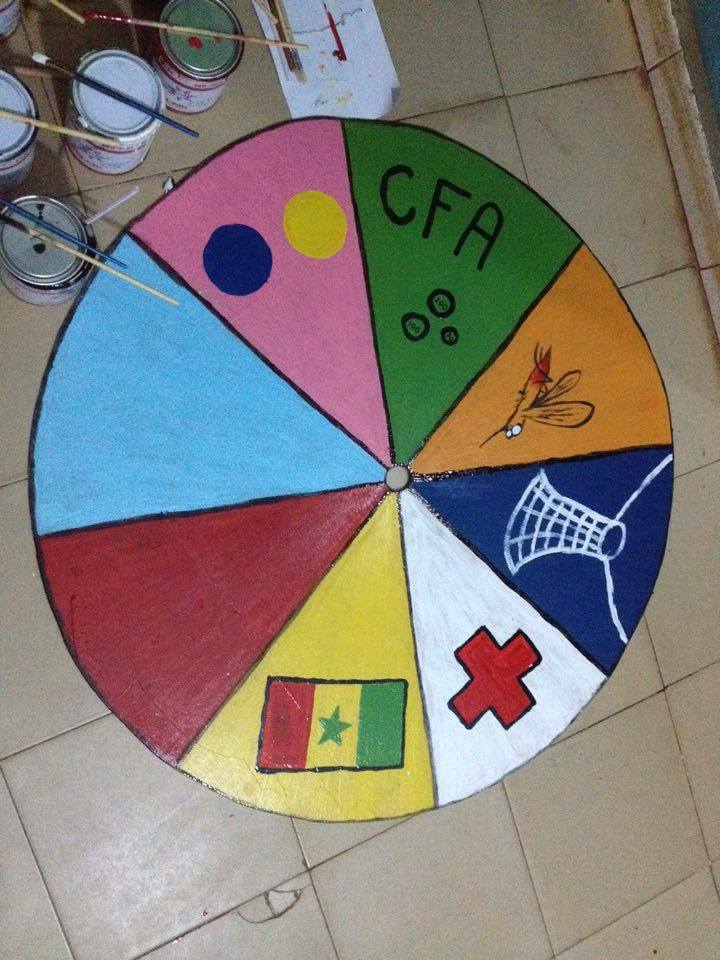
As volunteers in a country with a high prevalence of malaria we all do malaria work, whether or not we work in the health sector. Since it affects so many different parts of people’s lives it is important for everyone to dive in and do their part. As the STOMP team puts it, “Senegal bites back!”
Thanks for reading,
~Sophia
https://knoema.com/WHOWMS2014/who-world-malaria-statistics-2015?location=1000370-senegal
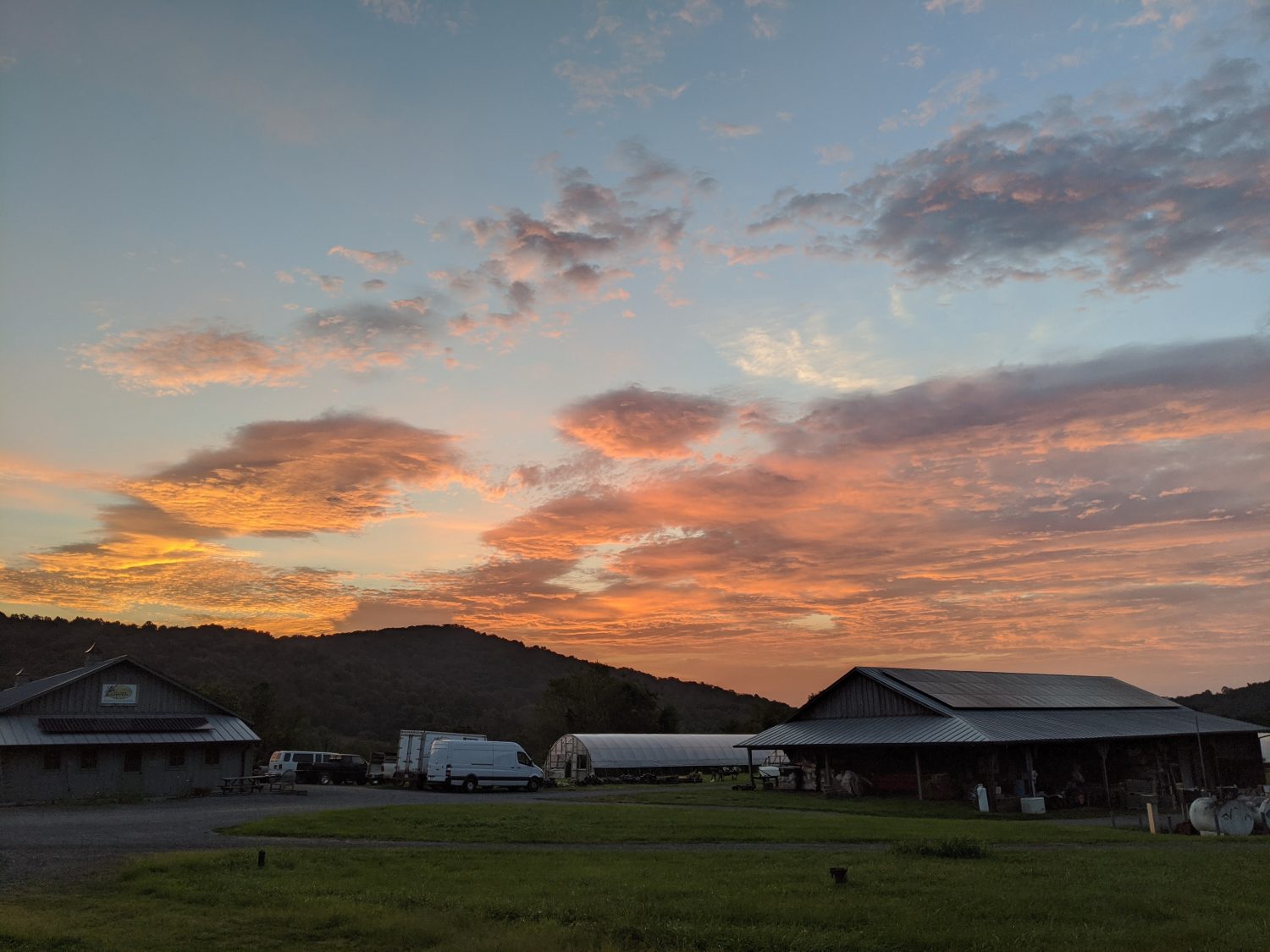

Great information Sophia. The wheel is so creative. Thanks for your work.
LikeLike